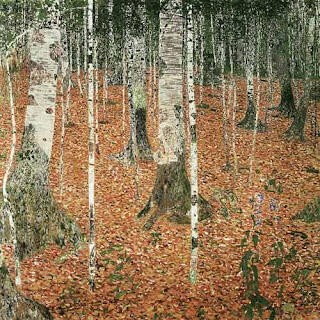Not as in the old days I pray,
God. My life is not what it was...
Once I would have asked healing.
I go now to be doctored...
to lend my flesh as manuscript of the great poem
Of the scalpel. I would have knelt
long, wrestling with you, wearing
you down. Hear my prayer Lord, hear my prayer.
As though you were deaf, myriads of morta
lshave kept up their shrill
cry, explaining your silence by their unfitness.
It begins to appear
this is not what prayer is about.
It is the annihilation of difference,
the consciousness of myself in you,
of you in me...I begin to recognize
you anew, God of form and number.
There are questions we are the solution
to, others whose echoes we must expand
to contain. Circular as our way
is, it leads not back to the snake-haunted
garden, but onward to the tall city
of glass that is the laboratory of the spirit.
Today is the feast of R. S. Thomas. Well, not officially, although I have no doubt one day it will be, at least on the calendar of the Church in Wales. But today does mark the thirteenth anniversary of the passing of this great Welsh poet/priest so I thought it fitting to give a nod to R.S. this morning.
 |
| A photo of Thomas and his wife, obviously the first one. |
Despite the gruff demeanor that often came through in his work, the more I read of his poetry, the more I started to warm up to it and to him. His understanding of the complex political, social and religious climate of Wales and its history struck a deep chord in me. When it came to his religious verse, though, I found his experience alien and uncomfortable while at the same time beautiful. In two of his most famous poems, "Via Negativa" and "Absence" he writes about how he experiences the Holy as absence or rather just-missed-presence like when you enter a room that someone has just left. And while I've definitely had those moments in my spiritual journey, they are fortunately few and far between. It literally pained me to think of this insightful, talented poet, who's primary vocation was to the priesthood, as never experiencing even a glimpse of the divine presence.
One morning this past June during the early morning Eucharist at Gladstone's Library, Peter Francis, the warden of Gladstone's, included several of Thomas's poems in the service. Many of the pieces he read that morning were old favorites of mine and I bobbed along gently on the waves of their words until he got to the above poem. As he read "Emerging," I was overwhelmed with a tidal wave of emotion and tears. I can't say exactly what brought it on. Maybe it was a sense of relief that this poet I so admire had finally had an experience Presence. Maybe it was guilt for taking for granted my own experience of the same. Or maybe it was just that I was getting about four hours of sleep a night at that point and was exhausted.
Whatever it was about this particular poem that touched me so deeply that morning, it continues to do so.
And in addition to (or maybe despite) whatever it was, I have come to realize that in this poem, I think Thomas gives the best definition of prayer, as I understand it, that I've ever come across:
It is the annihilation of difference,
the consciousness of myself in you,of you in me...
Maybe he finally figured out that instead of chasing the just missed presence, the way to experience God is simply to stand still . . . .
















